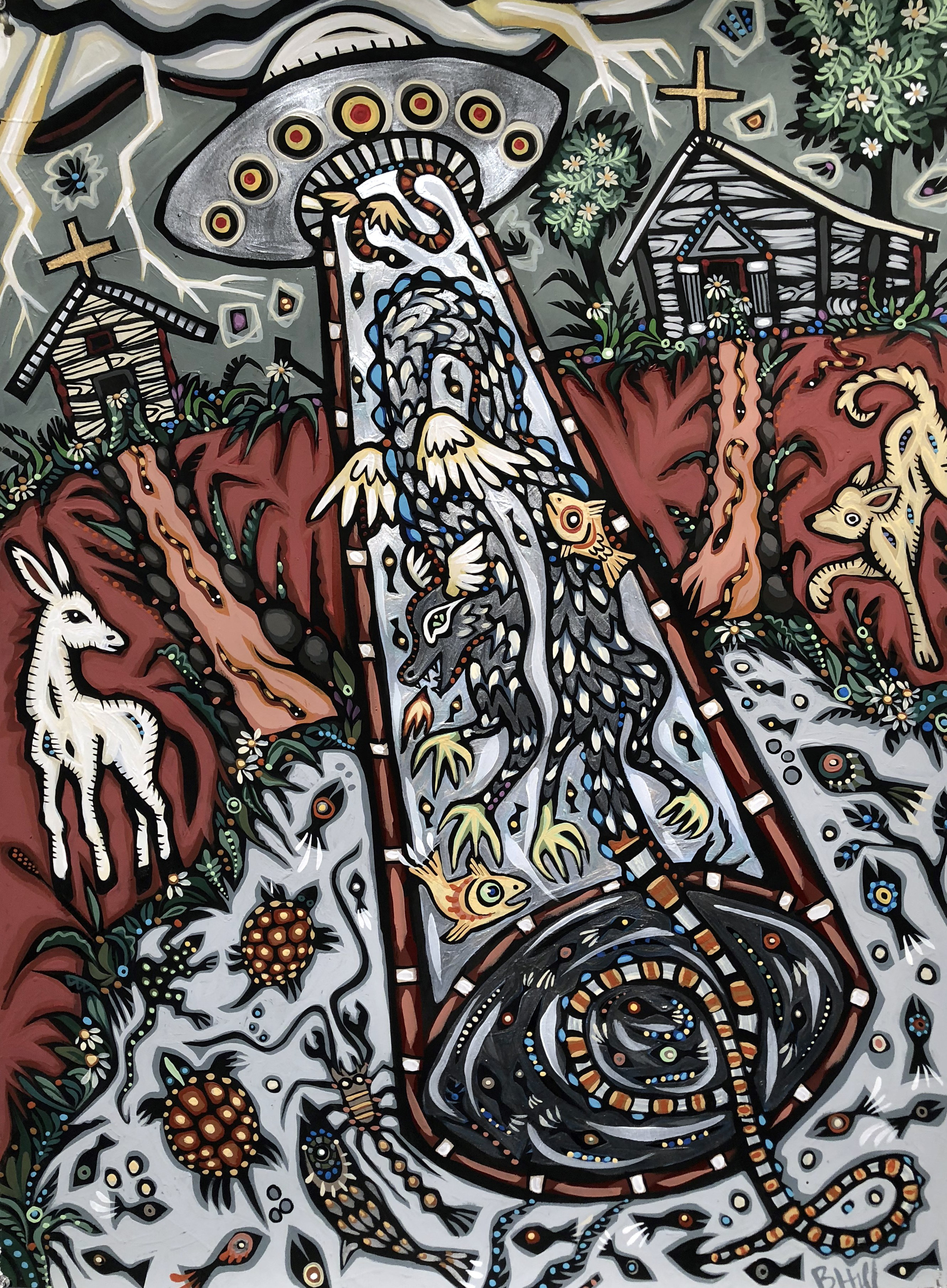
Black Angels in Birmingham: Harmony Holiday on the Poetics of Sun Ra and Angela Davis
For this special issue of PBLJ, Harmony Holiday has contributed a poetic and improvisational dual meditation on avante-garde jazz composer and trailblazing Afrofuturist, Sun Ra (also referred to here as “Sonny”) and political activist, philosopher, and scholar, Angela Davis: two singular Black figures, both born in Birmingham, Alabama (in 1914 and 1944 respectively). While the city of Birmingham became internationally infamous for white supremacist violence and police brutality after photographs of fire hoses and German shepherds circulated the globe in 1963, deadly racism and its life-giving counterforces permeated the U.S. long before those cameras documented it in Birmingham, just as they have continued in various permutations, all over the country, since. Against this backdrop, Sun Ra and Angela Davis’s daring contributions in fields of music, film, philosophy, politics, and more, continue to reverberate, inspiring people all over the world to imagine rebelliously, in directions of individual courage and collective flourishing. Harmony Holiday, herself an artist whose work often defies neat categorization and expectation, embodies this spirit of livewire audacity in her homage below.
—Gabrielle Bates, PBLJ8.5 Co-Editor
I’d say either god or the devil taught me. Probably Lucifer cause he’s the leader of the angel choir.
— Sun Ra
And I’m gonna act like an angel, Sun Ra threatened. Angels (see angles as Sonny always referenced the words within words, the meanings that shared domain in sound) rearrange frequencies of light and tone and emerge from those arrangements with auras so bright many look away or accuse them of being oppressively miraculous and radiant. It would trouble the average human being to learn that she could shine that way too by taking responsibility for her soul’s potential on earth, so we exile ourselves from the angelic realm and harbor suspicion of anyone too altruistic or too charismatic. Earth angels are treated as benevolent fascists and blamed for the exhausting pageantry of sacred rituals until they go into hiding. I’ve only come out of hiding because the world is in trouble, Sonny also admits, during the same interview. He’s a reluctant angel of mercy who knows with his whole spirit that proper conduct in music and poetry can realign the planet and stave off all of the senseless conflicts that bad music renders inevitable. True angels are not uppity, they’re attentive and accessible to those who know how to call their names with sincerity and precision, so that Birmingham, Alabama is an ideal refuge for a black angel, a modest southern US hamlet rigged with torment from its black residents. Sun Ra was born there in 1914, and trained there by the legendary local music teacher, Fess Wheatly, (hear the enslaved poet Phillis Wheatly echoing, calling) who was famous for instructing greats who would go on to be members of the era’s most famous big bands: Duke Ellington’s, Fletcher Henderson’s, Count Basie’s, etc— each leader went through Birmingham looking to Fess and his students when he needed new members. Sonny’s future was inevitable even before he adopted his angelic name, and an abduction by extra-terrestrials while he was a child informed him of a larger destiny. He realized early in life that he was bound to an antiquated myth and so he invented a new myth that would serve him and black people, and that was nearer to his reality than the mundane assumptions made in a town like Birmingham, where Jim Crow ethics offered an undercurrent of rage and servility at the time he was born. He decided to declare himself a child of Saturn, the planet of discipline whose rings are boundaries that gash you in the heart of your dreams if you breach them. Sonny became Sun Ra and spent his life pleasing a father no one could see except in his sound. Birmingham, through him, becomes a colony of Saturn, and during the Civil Rights struggle, a site of disciplinary agony and triumph in ways that transcend its physical location.
Another angel with the status woven into her name, Angela Davis, arrived in Birmingham thirty years after Ra, in 1944. Her music was the wish for revolution. She watched friends killed in the Church Bombing in 1963, she watched locals treat her and her sister like whites if they used their fluent French to get over, or go into the segregated stores unmarked by their color. She decided to pursue militant revolutionary strategies and was framed and captured by the state, by Saturn’s spinning rings using her to show the world spontaneous solidarity. In being from Birmingham she was also from Saturn and subject to its punishing brand of love. Sun Ra was in Egypt at the time of Angela’s arrest in the US. He played some music for her there, 14 minutes of agitation, a spell to help set her free. When interviewed in Chicago about the trial, he ascribed the blame for her arrest to the men who taught her leftist ideals and weren’t powerful enough to deliver the protection of angels when those ideas sent her reeling. Angels are forced into binaries in effort to ward off demons. Somewhere between Birmingham, Alabama and Saturn a rebel angel alliance emerged from the rubble of race trauma. Sonny Blount of Birmingham was subject to oppression and violence for his hue, but Sun Ra was an arbiter of retribution and soundscapes that could sneak in and retrieve prisoners from their holds. Being born in Birmingham, Alabama is a call to sweet defiance for two black angels who might have otherwise sat around making music and philosophizing in the abstract, it’s a place where karma is raised from the dead as black song, chant, scream, endurance and silence, or revolution. It’s also where black angels stop to learn their shared inflection, where Sun Ra and Angela Davis passed through to become collaborators in a collective black subconscious that needs towns like theirs to push them over the boundaries of themselves.
Harmony Holiday—a writer, dancer, and experimental filmmaker—is the author of several books, most recently Hollywood Forever (Fence Books 2017) and M a a f A (Fence Books 2020).
